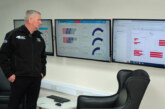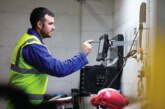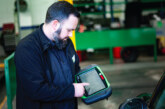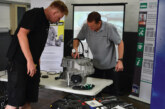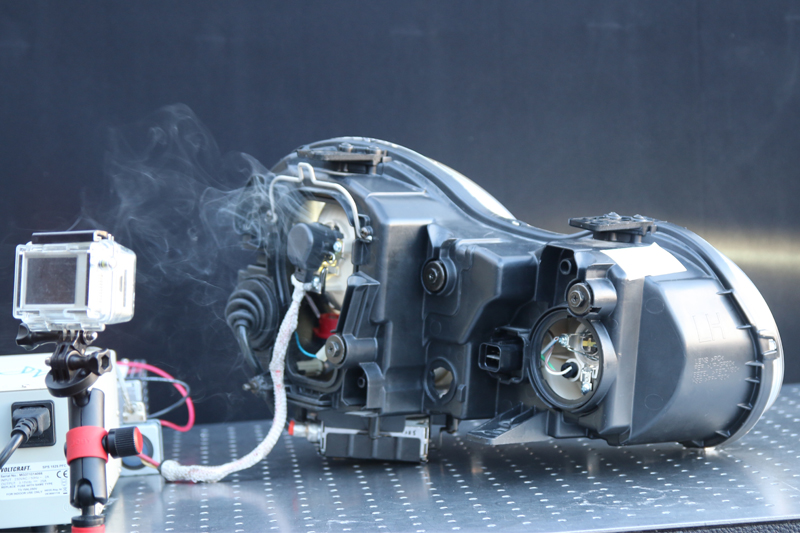
The spread of counterfeit products through the aftermarket is something that almost everyone in the industry is aware of, but it is rare that the perpetrators are actually brought to justice.
Three years ago, Philips raised the issue of the sale of counterfeit Xenon HID headlamp bulbs becoming increasingly commonplace in the UK – especially through online sales channels – and announced a dual-pronged attack on the problem.
From then onwards, in order to fight the fakes in practical terms, all Philips HID Xenon bulbs would come with new packaging with individual Holographic ID on it and which incorporated both a QR code and online reference so that anyone potentially purchasing a Xenon bulb could quickly check its authenticity.
Simultaneously to this, Philips was working with Police and Trading Standards offices around the UK against the counterfeiters and those distributing their products. This included a campaign of ‘mystery shopping’ with outlets it suspected might be selling fake bulbs, to help identify the culprits and ultimately to move on to legal action against them. In Asia, thousands of fake bulbs were seized – before they could reach European markets – and were subsequently destroyed.
Fake Britain
The BBC took up the issue last year and, in the Autumn, consumer programme, Fake Britain, picked up on the issue of counterfeit Xenon bulbs and covered it extensively. During the programme cameras were present at simultaneous raids in London and Luton, spearheaded by Brent Trading Standards in conjunction with Philips, on a distributor who they suspected was selling counterfeit goods through internet outlets.
Hundreds of what turned out to be counterfeit Xenon bulbs – branded both Philips and Osram – were seized, as well as a sizeable quantity of drugs, illustrating the fact that the business of selling fake goods is often part of a much wider and well organised criminal enterprise.
“We are delighted to be able to announce that a successful prosecution has ultimately followed the raids that viewers saw on Fake Britain,” explains Richard Armstrong from Lumileds, who are the global licensees of Philips Automotive Lighting products. “The culprit has been fined thousands of pounds and fake products with an overall retail value well in excess £100,000 have been impounded and scheduled for destruction.
“Because Xenon bulbs have a high retail value they are an attractive proposition to the criminals who produce the counterfeit products. It is worth restating that anyone who sells them, or is part of the distribution chain will – like the culprit in this case – face criminal proceedings. From our standpoint, the fight against counterfeit Philips product continues apace and hopefully, as word of this successful prosecution spreads, will further gather momentum.”


